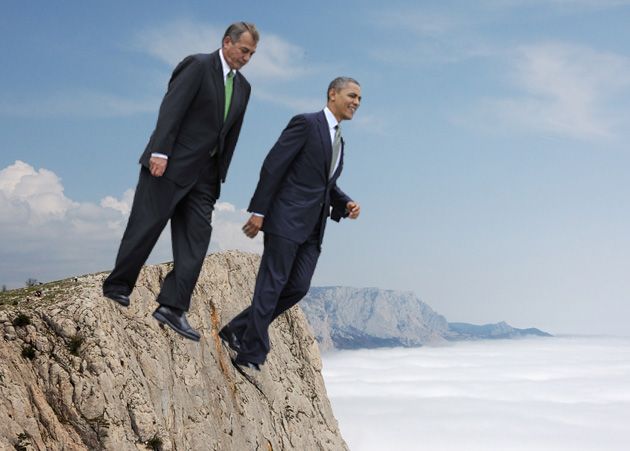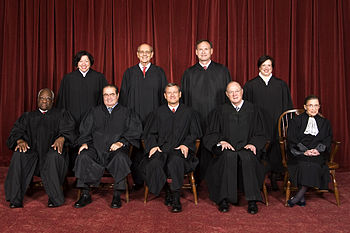By Ian Jones @IDJONESPHOTOG
Asking for help can be tough. In this society, self-sufficiency is big. It’s humbling to admit when I can’t handle something on my own, due to my disability. Countless books have been written on being assertive about your needs, and I’m not ashamed to admit I’ve read one or two.
One such book is “The Art of Asking” by Amanda Palmer, an indie musician who is famous for getting out of her major label recording contract. Her book was so good I bought two copies – one copy to loan to people.
“The Art of Asking” recounts Palmer’s struggle with learning to ask for help. She points out that asking for help is sometimes a necessary evil. Early in the book she recounts how she couldn’t summon the courage to ask her husband, the writer Neil Gaiman, for some money. She remembers breaking down in tears when Gaiman asked what was wrong, and how dumbfounded he was that she couldn’t bring herself to ask him for help.
Contrast that with the beginning of the book, where she describes being in a bathroom stall and finding herself needing to ask a woman in the stall next to her if she had a spare feminine hygiene product.
I can’t say I’ve been there, exactly. I have, however, had situations I couldn’t get out of without help.
A couple of issues back, I told the story of my wheelchair breaking in London. That’s an example of a time I was forced to ask total strangers for help.
The thing is, here in America, I get asked if I need help a lot more than I actually do. I’ve had to learn how to say, “no, I’ve got it,” without feeling or sounding like I’m ungrateful. There’s a difference between someone offering to reach a box of cereal that’s three feet above my head at the store and offering to open a powered, accessible door.
I’ll wait until it’s clear that I can’t do it alone before I ask for help. Even now, I’m having trouble with this column and am seconds away from asking someone else in the newsroom for their two cents.
“American culture in particular has instilled in us the bizarre notion that to ask for help amounts to an admission of failure. But some of the most powerful, successful, admired people in the world seem, to me, to have something in common: they ask constantly, creatively, compassionately, and gracefully. And to be sure: when you ask, there’s always the possibility of a no on the other side of the request. If we don’t allow for that no, we’re not actually asking, we’re either begging or demanding. But it is the fear of the no that keeps so many of our mouths sewn tightly shut,” she writes.
She talks about Henry David Thoreau, who is said to have hid himself away from society in a cabin in the woods while he wrote his book “Walden.” The thing is, he didn’t actually do that.According to her (and sources such as Richard Zacks’ book “An Underground Education,”) his mother and sister dropped by regularly with baked goods, which Palmer theorizes were donuts. The land he was living on was borrowed from his neighbor, and he regularly met with his friend Ralph Waldo Emerson.
In short, Palmer says Thoreau recognized his need for help, and he took those donuts. He didn’t turn them away in spite of his self-sufficiency thing.
For the remainder of the book, she uses “taking the donuts” as a metaphor for not being ashamed to ask for help. By the end of the book, she argues that there’s no shame in it, and I have to agree.Edited to add: empowered by Palmer’s book, I did end up asking for help.



